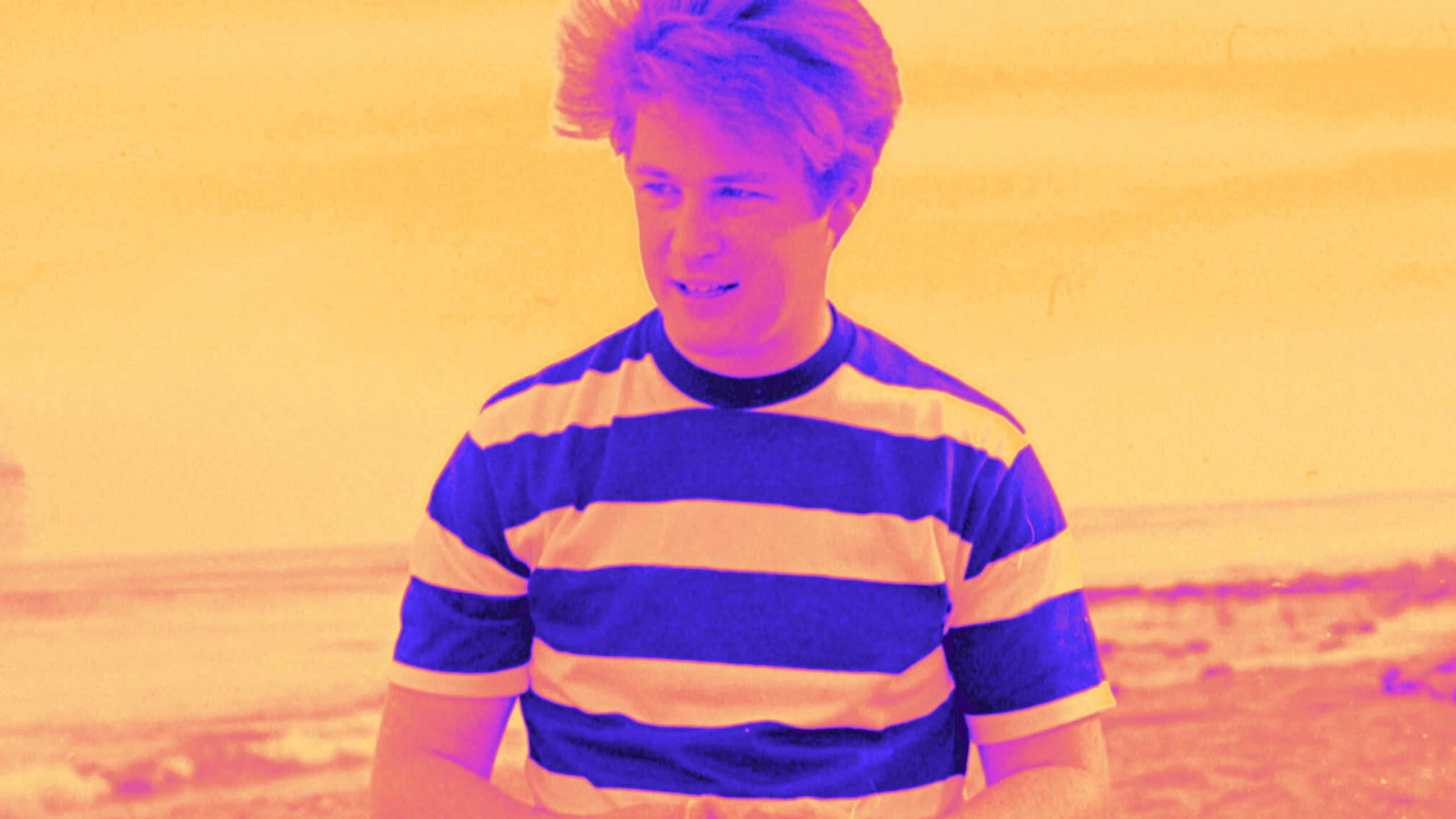Think of the impossibility of Brian Wilson, a recluse whose every early song was designed to radiate the wonder of the sun, the surf, and the sand. How he turned the elemental virtues of home, women, and upward mobility (the cool car, the boss anything) at the top of the 1960s into something Olympian with swatches of Chuck Berry and Phil Spector’s Wall of Sound to guide him. Why he chose simplicity—the briefest of note sequences and the fragments of ideas—with which to relay the complexity of sound and thoughts.
If we’re sticking with Greek mythological qualifiers for a moment, Wilson’s was a Sisyphean task at best. Who would dare to steer the sun and the water to one’s want? Who would base all hope that the girl of one’s dreams wouldn’t cut her hair and signify all loss at such dispense? Who could look at the circumference of their teenaged room, where dreaming and scheming holds promise—where worries and fears are meant to be kept at bay—only to cry and laugh at the turn of complicated circumstance? Who would take in the mammoth notion of “these times” and realize that his world and ours would never quite align, fueling such dissatisfaction with harmonious tones meant for his brothers, cousin, and friends? “They say I got brains, but they ain’t doing me no good / I wish they could.”
This is the burden of genius; wearing improbability on one’s shoulders until its bows break. And we know how that turns out for Brian Wilson, whose every pain has been documented in narrative film and documentary, in endless volumes of words, and, of course, in his own songs as you read between the lines. Without the societal horror of institutional racism and self-sabotage as his weight, it’s the very story told by director Questlove and producer Joseph Patel with Sly Lives! and its history of the mystery of Sly Stone and the universal funk of the Family Stone (coincidentally, Sly and Wilson both passed away this week at the age of 82, which is evidently the new 27).

Rather than tuck into the miasma of mental illness that plagued Wilson, or deny its facts and treatments (fuck Eugene Landy and those who sought control over The Beach Boy), the metaphor of the self-built sandbox he created in which to work is a deeply winning one; for Wilson was his own world-builder—a universalist whose visions will never be attempted, let alone replicated. What Millennial would have the disposition, influence, or energy to bother with the minor sevenths or chord inversions with a tonic fifth in the bass familiar to the work of Burt Bacharach? Do you know a delegate of Gen-Alpha who could tackle ambiguous harmonic constructs, shifts in dynamics, and destabilized tonal centers without studying jazz at the New School?
Wilson built a world out of his own loneliness and wants, his feelings of separation from others likely based on his hearing issues in his right ear, to say nothing of his innate shyness and a temperamental father. His idealization of water and women—initially crafted as uptempo surf-pop paeans like “California Girls,” “Surfin’ USA,” and “All Summer Long”—grew languid, slowed, and sad on monumentally tortured moments such as “Caroline, No,” “In My Room,” and “Til I Die.”
It’s no secret that the theremin’s whirr and sizzle on “Good Vibrations” is highlighted by the many trimmings of bad vibrations, that the questions held within the devotional “God Only Knows” and the twinkling treatise of “Wouldn’t It Be Nice” are as bedeviled and portentous as its answers, that “Surf’s Up” is a Watership Down–worthy elegy to the end of the rainbow, or that the “Heroes” are as ruined as the “Villains.” Even light, latter-day favorites of Wilson’s—the charms and chiming of “Love and Mercy,” the sun-dappled picturesque sonnets of “Orange Crate Art”—are rife with shadows and sadness, the what-could-have-beens.
When Brian Wilson called the music and lyrics to what he’d intended as Smile to be his “teenage symphony to God”—a phrase that defines, for me, the arc of his work from start to finish—it’s no secret that this epic consonance was never actually finished as intended, no matter how many deconstructed re-releases or overly ornate box sets were given to its weight. This seeking was Wilson’s burden and gift: that he and he alone sought to make the harmonious music of perfection, and that anything less was futile. To me and many like me, Brian Wilson—with The Beach Boys and within his solo career—achieved those symphonic holy heights. FL








